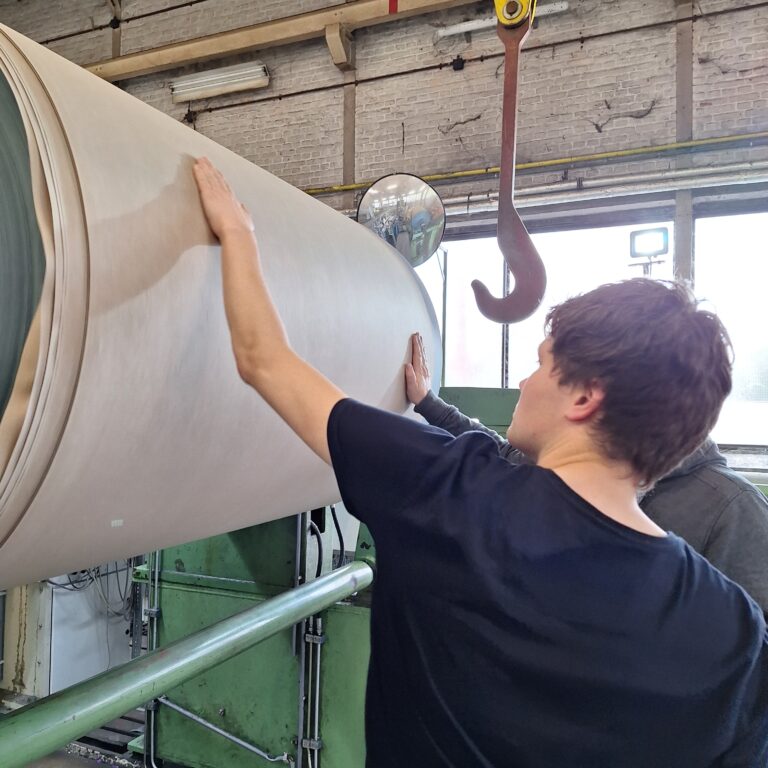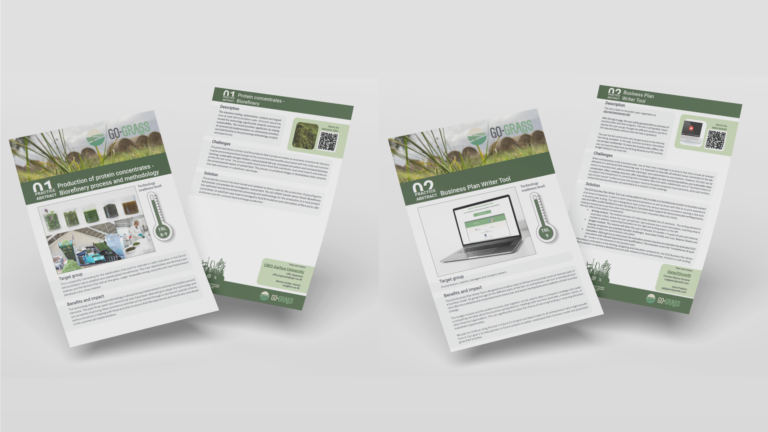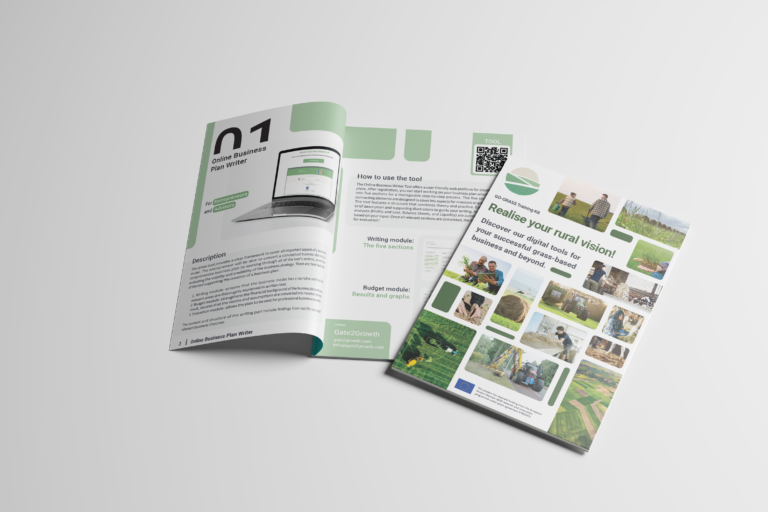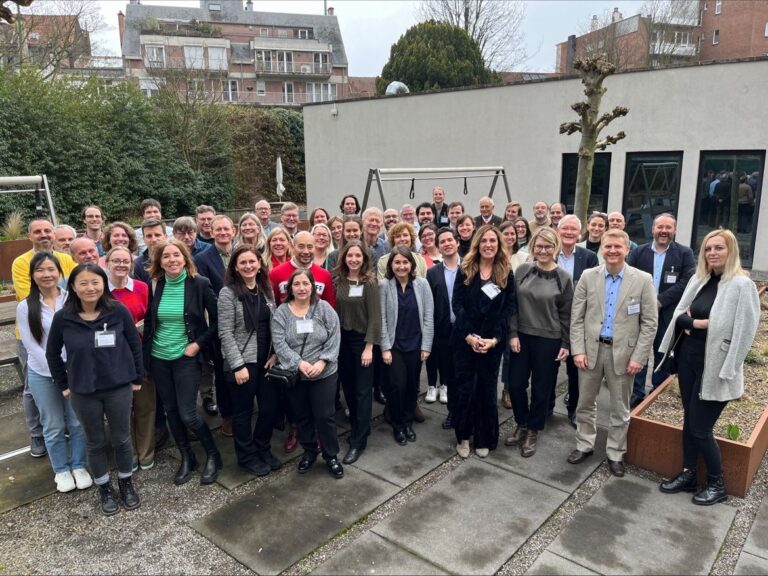Our Project Is featured in German Article on Ecological Mowing Practices in Public Spaces
We are thrilled to announce that our project has been featured in an article discussing ecological mowing practices in public areas in the online newsportal of B_I MEDIEN . This comprehensive article, written in German, explores the growing importance of eco-friendly mowing concepts in the maintenance of public green spaces. The focus is on the removal and utilization of mown materials to promote biodiversity and reduce maintenance costs.
Short summary of the Article:
The article discusses the increasing trend of using ecological mowing practices in public green spaces, especially in Bavaria, Germany, following the “Save the Bees” referendum. It addresses the challenges faced by public green space authorities and their service providers in finding cost-effective and sustainable solutions for dealing with mowed materials. The article also emphasizes the legal aspects of managing mown waste and offers a variety of potential utilization methods.
The key highlights of the article include:
Different paths for recycling mown materials, including material recycling, material-energetic recycling, and purely energetic recycling.
Innovative methods such as integrated solid fuel and biogas production, decentralized composting, and utilizing compost heat.
The use of mown materials as animal feed, particularly in insect breeding and as a source of raw protein production.
The role of biorefineries in extracting raw proteins from grass clippings.
Diverse applications of mown materials, including their use in bedding for animal husbandry, biochar production, and the creation of various building materials.
The resurgence of clay construction and the use of straw and hay as sustainable structural materials.
In conclusion, the article underlines the potential for various applications of mown materials in the interest of species and climate protection. It calls for legislative support to overcome waste-related hurdles and incentivize the increased utilization of non-hazardous residual biomass, promoting a sustainable circular economy.
We are proud to be part of this important discussion and contribute with our project idea to the sustainable management of public green spaces.
We encourage you to read the full article to gain valuable insights into this eco-conscious approach to green space maintenance.





